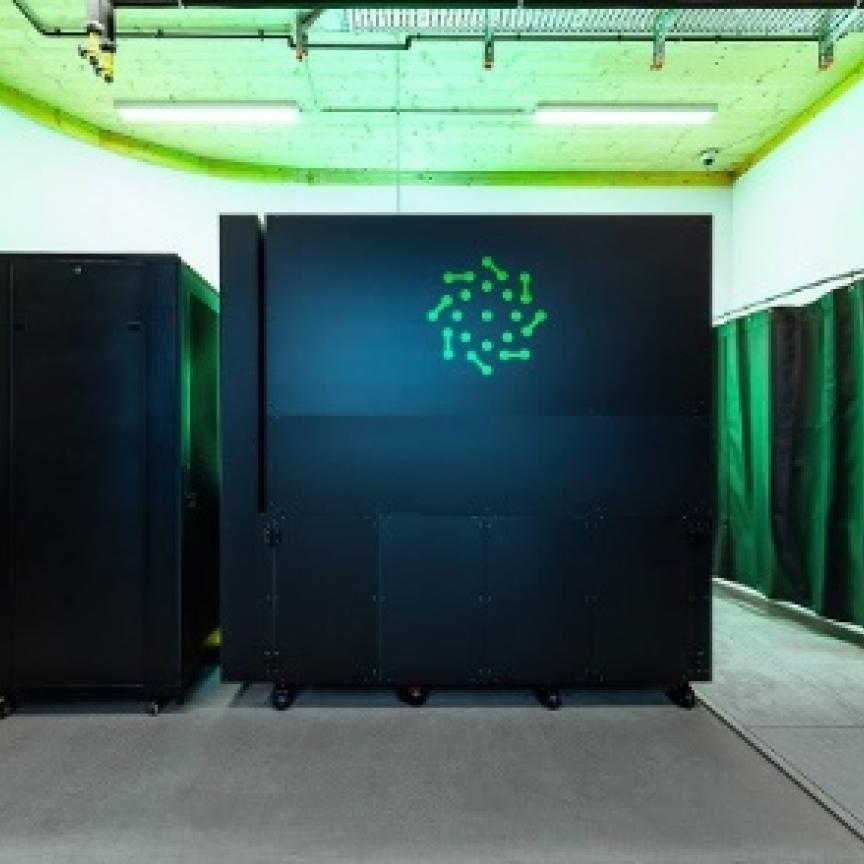Ansys has announced a multi-year agreement with Seagate Technology to expand Seagate's use of Ansys' simulation solutions. Seagate, a provider of data storage solutions, implements Ansys' multiphysics simulation software in product innovation.
Most recently, Seagate used Ansys' tools in the development of its latest recording technology, Heat-Assisted Magnetic Recording (HAMR). With HAMR, Seagate demonstrates a step-change increase in data bit-density, which will result in significantly higher capacity drives.
Chris Woldemar, vice president of engineering at Seagate comments: ‘Reaching capacity, performance, and environmental goals on schedule requires more simulation across all engineering disciplines. Ansys' solutions deliver technical and business value, helping Seagate maximise data's potential and carry greater confidence in our solutions.’
The latest three-year deal builds on the existing relationship, incorporating new simulation capabilities and optimisation for Seagate's new use cases. Through use of Ansys' simulation, Seagate has reduced the need for late-stage redesigns, saving considerably on time and cost.
HAMR systems are highly complex, requiring sophisticated mechanical, thermal, and magnetic models to evaluate the performance of different component designs and drive architectures. Seagate has integrated numerous Ansys simulation tools for this purpose including Ansys OptiSLang. Seagate applied this software to streamline HAMR simulation workflows and accelerate system optimisation modelling studies by using its AI/ML tools.
Leveraging Ansys' universal platform of products saves time from having to employ disconnected solutions, enabling Seagate to dive into other areas including optics, for which they engage Ansys Lumerical, the gold standard for modelling nanophotonic devices, processes, and materials.
Prith Banerjee, chief technology officer at Ansys said: ‘Ansys is proud to offer tools to advance Seagate's cutting-edge technologies. Simulation is enhanced by top-of-the-line data storage, while the same data storage solutions are improved through simulation. Premium storage strengthens simulation prospects in key areas of optics, chip development, and AI/ML progression.’


